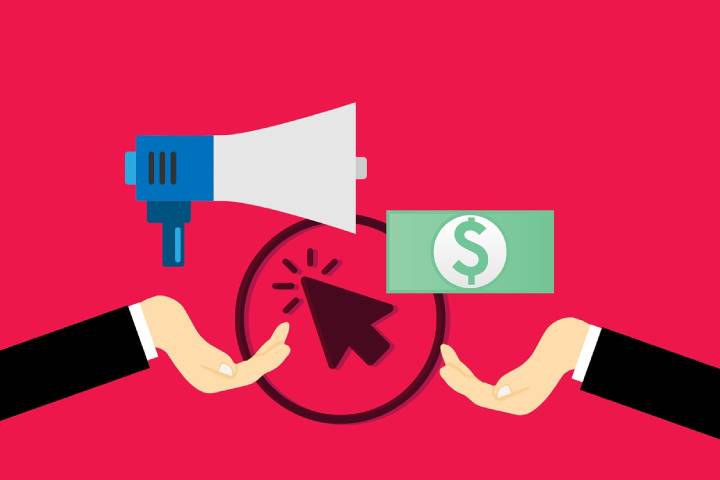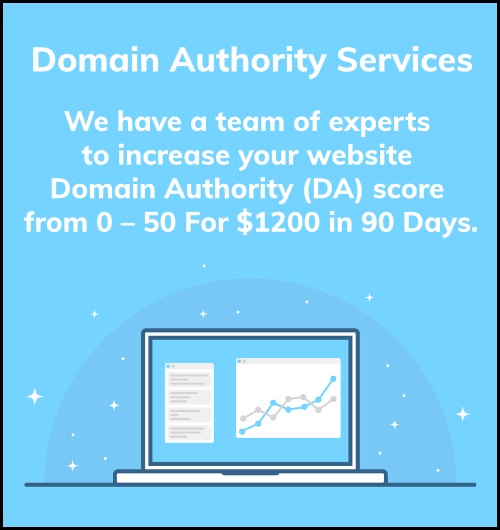In the ever-evolving realm of digital marketing, businesses are presented with a multitude of avenues to enhance their online presence. Two prominent and often debated strategies are search engine optimization (SEO) and pay-per-Click (PPC) advertising.
Both methods aim to increase visibility on search engines, like Google, but they operate on distinct principles. In this post, we’ll unravel the intricacies of SEO and PPC, exploring their strengths and weaknesses and the circumstances in which one might outshine the other.
1. Understanding SEO (Search Engine Optimisation)
SEO is the organic approach to improving a website’s visibility in search engine results. It involves optimising various elements on a website to align with search engine algorithms and user intent. Many agencies help businesses with search engine optimisation by offering affordable SEO services in the UK.
They help achieve higher rankings on the search engine results pages (SERPs) without paying for an AD placement. Key components of SEO include keyword optimisation, high-quality content creation, backlink building, and technical site enhancements.
One of the significant advantages of SEO is its long-term impact. Once a website establishes authority and relevance, it can maintain higher rankings over an extended period of time.
However, SEO is a patient game, requiring time and consistent effort to yield results. It’s a strategic investment that builds credibility and trust with both users and search engines.
2. The Power of PPC (Pay-Per-Click) Advertising
On the flip side, PPC is a paid advertising model where businesses bid on keywords, and advertisers pay a fee each time their ad is clicked. The primary platform for PPC is Google Ads, where ads appear at the top and bottom of the SERPs, marked as “Ad.” PPC offers instant visibility, allowing businesses to Get at the top of search results for certain keywords.
One of the defining characteristics of PPC is its immediacy. Unlike SEO, PPC campaigns can generate traffic and leads almost instantly. Advertisers have control over their budgets and can tailor campaigns based on demographics, geographic location, and other factors.
This flexibility makes PPC an attractive option for businesses looking for quick and measurable results.
3. SEO vs. PPC: A Strategic Balancing Act
While both SEO and PPC have their merits, the decision to prioritise one over the other often depends on the unique goals and circumstances of a business. Here are some key considerations:
Budget Constraints: For businesses with limited budgets, the cost-per-click nature of PPC might be a concern. SEO, being organic, doesn’t incur direct costs for each click. However, it requires ongoing effort and resources.
Time Sensitivity: If immediate results are crucial, PPC is the go-to strategy. SEO, being a long-term play, requires patience and persistence.
Credibility and Trust: Users often perceive organic search results as more trustworthy than paid ads. If building long-term credibility is a priority, investing in SEO is essential.
Keyword Competition: Highly competitive industries may find it challenging to rank organically for certain keywords. In such cases, a well-executed PPC campaign can provide a valuable shortcut to the top of the SERPs.
4. Conclusion: Finding the Right Mix for Success
In the SEO vs. PPC debate, there’s no one-size-fits-all solution. Successful digital marketing often involves a strategic blend of both approaches. SEO lays the foundation for sustainable, long-term success, while PPC offers a quick and targeted way to capture immediate attention.
By understanding the strengths and weaknesses of each strategy, businesses can develop a comprehensive and effective online visibility plan tailored to their specific needs. Whether it’s the marathon of SEO or the sprint of PPC, the key is to strike the right balance for optimal results in the dynamic landscape of digital marketing.
Tech Trends
Related posts
Leave a Reply Cancel reply
Hot Topics
Categories
- Ads (5)
- Animes (25)
- Artificial Intelligence (AI) (35)
- Augmented Reality (AR) (10)
- Automotive (9)
- Bitcoin (16)
- Blockchain (24)
- Business (244)
- Business Intelligence (3)
- Cloud Computing (23)
- Computer (128)
- Concrete Technology (1)
- Cryptocurrency (10)
- Cybersecurity (42)
- Data Science (9)
- Database (4)
- DevOps (6)
- Digital Marketing (76)
- Digital Workplace (14)
- Ecommerce (1)
- Education (28)
- Electric Vehicle (EV) (1)
- Electronics & Hardware (17)
- Entertainment (42)
- Fabrication (3)
- FAQ's (1)
- Finance & Marketing (47)
- Gadgets (35)
- Games (8)
- Gear (29)
- HTTPS (1)
- Industry (46)
- Information Technology (90)
- Internet (413)
- Internet of Things (IoT) (41)
- Job (25)
- Machine Learning (6)
- Marketing (92)
- Mobile Apps (21)
- Movies (11)
- Natural Language Processing (6)
- News & Trends (109)
- Programming (4)
- Science & Technology (235)
- Security (81)
- SEO (56)
- Services (36)
- Social Media (73)
- Software (99)
- Sports (1)
- Technology (306)
- Telecom (6)
- TikTok (5)
- Tours & Travels (9)
- Uncategorized (11)
- Virtual Reality (VR) (7)
- VoIP (4)
- Web Technology (42)
- Workforce (17)
- Workspace (6)



Stay connected